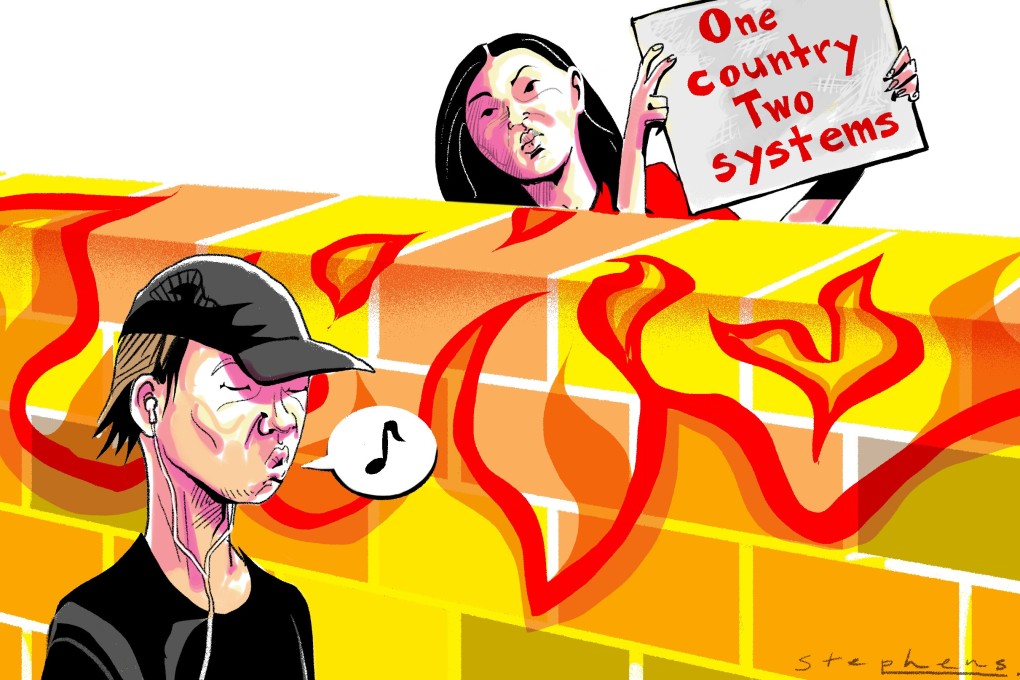Advertisement
Opinion | With divergent values, it’s increasingly difficult for Hongkongers and mainlanders to understand each other
- As Hongkongers take to the streets to fight for their freedoms, young people on the mainland embrace nationalism, having seen only China’s impressive economic growth
- With such discordant perspectives, and a lack of shared history due to the Great Firewall, it’s no wonder that mistrust is on the rise
Reading Time:4 minutes
Why you can trust SCMP

As someone who calls Guangzhou — the Cantonese-speaking city neighbouring Hong Kong — home, it is heart-wrenching to witness the deterioration, bit by bit, of the relationship between the two sides over the past decade. The result is that cultural, emotional and information gaps have widened significantly.
These divides have reached new levels over the past few weeks as millions of demonstrators marched through the streets of Hong Kong to express strong opposition to an unpopular extradition bill backed by Beijing. The mass protests made headlines worldwide though, conspicuously, not in my homeland across the Shenzhen River.
Images of the events were barely seen inside the Great Firewall. Netizens who dared to upload the content risk having their social media accounts removed. The only narratives visible are those of the state-run media’s, blaming the situation on “external interference”.
Advertisement
As a result, most of my friends on Weibo and WeChat have no idea what has been happening in Hong Kong. Some have even criticised Hongkongers for being easily instigated puppies of the United States when it is waging a trade war on China.
There was a time when mutual feelings were much warmer. In the decades before 1997, Hong Kong was China’s biggest source of foreign currency when the mainland was poverty-stricken and isolated. During the harsh years of the Mao era, and especially in the Great Famine of the early 1960s, hundreds of thousands fled to Hong Kong and settled down.
Advertisement
Select Voice
Choose your listening speed
Get through articles 2x faster
1.25x
250 WPM
Slow
Average
Fast
1.25x
